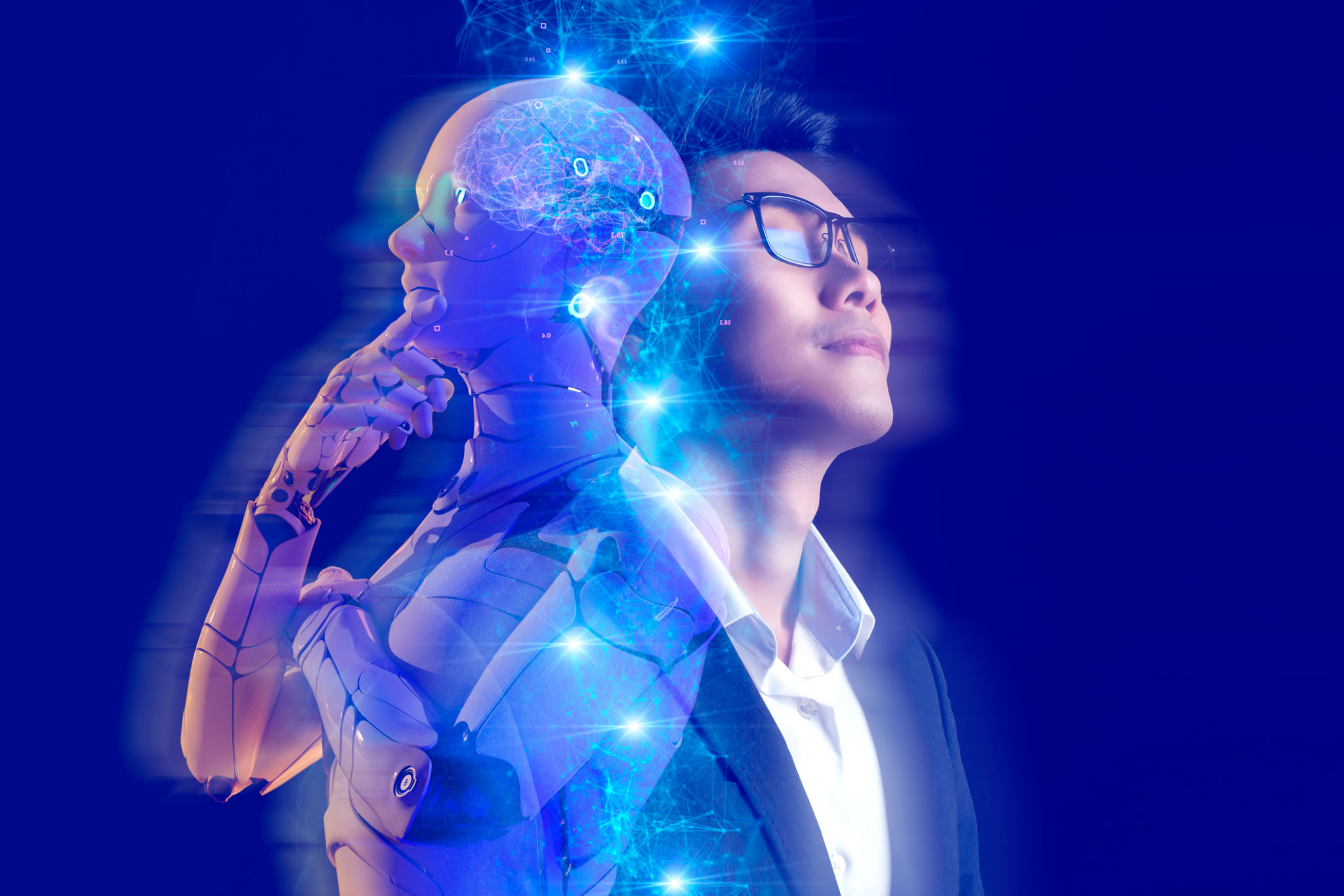Top Misconceptions About AI Software Development: What You Need to Know
Understanding AI Software Development
Artificial Intelligence (AI) is no longer a futuristic concept; it's a present-day reality that's transforming various industries. However, despite its growing prevalence, there are still numerous misconceptions surrounding AI software development. In this article, we'll dispel some of these myths and provide clarity on what AI software development truly entails.

Misconception 1: AI Development Is Only for Large Corporations
One common misconception is that AI software development is exclusively the domain of large corporations with vast resources. While it's true that significant investment can accelerate AI innovation, the barrier to entry has significantly lowered. Thanks to open-source platforms and accessible AI development tools, businesses of all sizes can leverage AI to enhance their operations. Small startups and individual developers are making substantial contributions to the field.
Misconception 2: AI Can Replace Human Intelligence
Another prevalent myth is that AI can fully replicate or replace human intelligence. In reality, AI is designed to complement human capabilities rather than replace them. AI excels at processing large datasets and identifying patterns faster than humans, but it lacks the emotional intelligence, creativity, and ethical reasoning that are inherently human. Therefore, AI and human intelligence are most powerful when they work together.

Misconception 3: AI Development Is Always Expensive
The belief that AI development is invariably costly is another misconception that deters many from exploring its potential. The cost of AI development depends on various factors, including the complexity of the project and the specific technologies used. With the rise of cloud computing and scalable AI platforms, it's possible to develop and deploy AI solutions at a fraction of the cost compared to a few years ago. Organizations can start small and scale up as needed.
Misconception 4: AI Is Always Accurate
Many people assume that AI systems are infallible and always provide accurate results. However, like any other software, AI systems are prone to errors and biases, particularly if they are trained on flawed or biased data. It's crucial for developers to continually test and refine their AI models to ensure accuracy and fairness. Transparency in AI processes is also essential to build trust among users.

Misconception 5: AI Will Lead to Massive Job Losses
There's a widespread fear that AI will lead to massive unemployment by taking over jobs currently performed by humans. While it's true that AI will automate certain tasks, it will also create new job opportunities. Roles in AI maintenance, data analysis, and oversight are just a few examples of new career paths emerging in the wake of AI advancements. Upskilling and reskilling will be vital for adapting to this evolving job market.
The Reality of AI Software Development
In conclusion, understanding the realities of AI software development is crucial for making informed decisions about its implementation. By debunking these misconceptions, we hope to encourage more individuals and organizations to explore how AI can be integrated into their operations effectively. As with any technology, responsible and informed usage is key to unlocking its full potential.